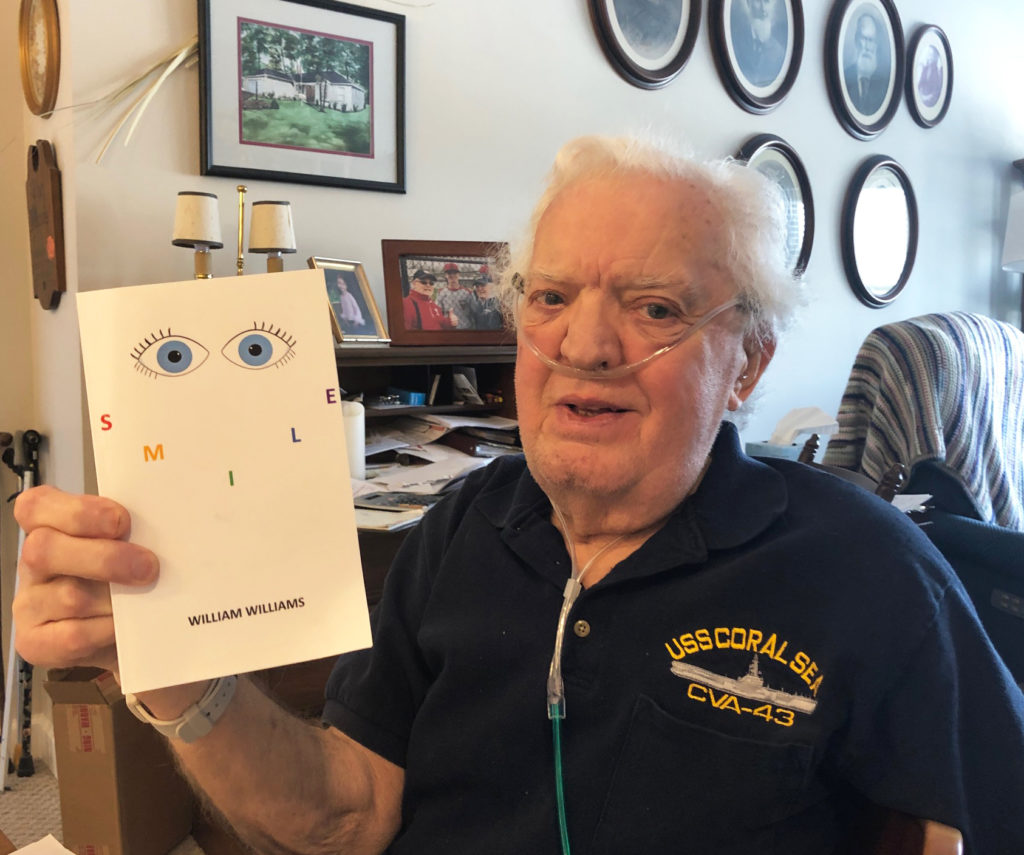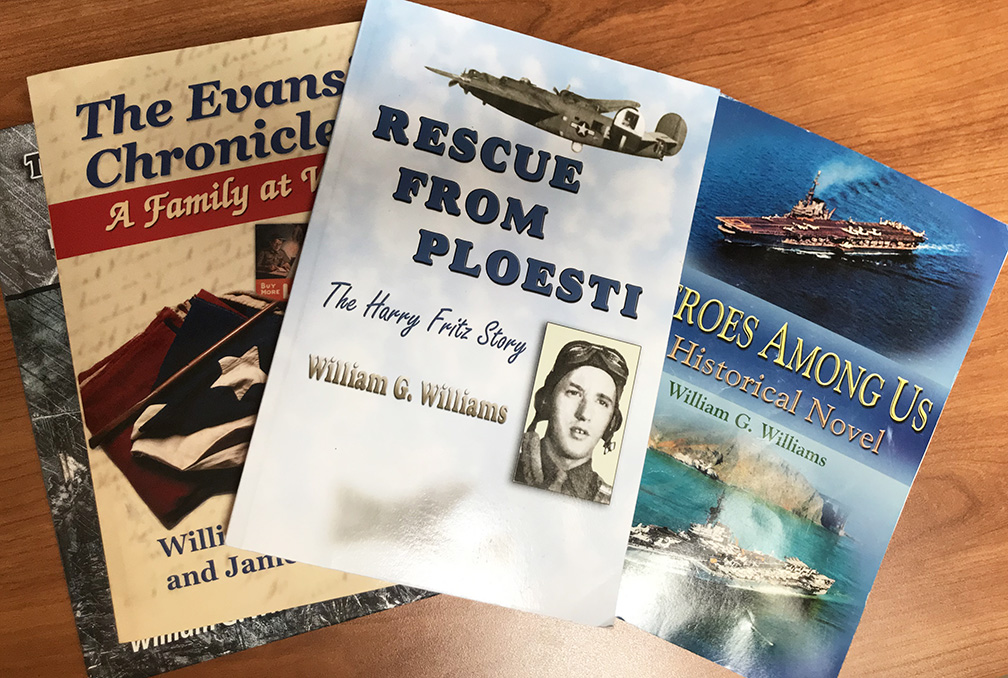Aging-in-Place – We Got This
By Barbara Goll, Community Liaison Educator and Nutritionist
Despite 90% of Americans saying they would like to age-in-place, only 20% end up doing so. Why are our wishes not being fulfilled and what steps can we take to ensure they are? The answer lies in a few lifestyle changes.
The goal of aging-in-place is to live in our home until our very last breath. Having to leave our home means leaving behind a comfortable setting, familiar community and many memories. Our home provides us with a sense of control and security leading to feelings of quality of life, dignity and independence. Current statistics indicate that life expectancy for women is 86.7 and for men 84.3. We all would like these additional “Golden” years to be enjoyable, not weakened to where we are dependent on others or unable to safely live in our home. Lifestyle choices are an important area of our lives we can tackle now to increase our ability to age-in-place safely.
 We may not have control over the normal aging process or our genetic make-up, but we do have control over our lifestyles and the environment in which we choose to live. The following four lifestyle choices can greatly increase our chance of a healthy strong body as well as decrease our risk for disease and dementia:
We may not have control over the normal aging process or our genetic make-up, but we do have control over our lifestyles and the environment in which we choose to live. The following four lifestyle choices can greatly increase our chance of a healthy strong body as well as decrease our risk for disease and dementia:
- Exercise and movement –All exercise and movement is a positive change that can effect overall health and help keep bones and muscles strong. Create habits and increase movement in your life with hobbies, chores and walking or other exercise programs. Be sure to discuss with your physician first.
- Nutrition – Studies suggest a combination of the DASH and Mediterranean diets (called the Mind Diet) leads to a reduction in inflammation and decrease risk for chronic disease and dementia. This diet is largely plant-based with colorful varieties of fruits and vegetables, seafood and lean meats. Information on this way of eating can be found here at https://www.healthline.com/nutrition/mind-diet
- Social interaction – Quality communication between family and friends and interaction with groups such as senior and community centers, book clubs, hobby clubs, and churches offer a few social interaction suggestions. Studies have shown that social interaction creates meaning and purpose to life leading to healthy lifestyle choices.
- Brain and cognitive activity – Keeping your mind active by using it in new and challenging ways helps create new pathways in the brain and improve cognition. Choose activities that you enjoy but will also challenge your brain. Activities like learning a new language or instrument, playing chess, putting together a difficult puzzle, reading an educational book, learning a new hobby or taking an interesting adult education course.
It is never too early or too late to make changes that promote physical, mental and emotional well-being. Having a healthy and strong mind and body will decrease risk for falls, chronic conditions, and dementia as well as give you quality of life and independence to age-in-place gracefully. You got this!
Barbara Goll is a Community Education Liaison and Nutritionist for Homeland at Home. Her passion is educating and helping people attain a higher quality of life while aging in place. Goll is a valued member of Homeland’s community outreach team offering a variety of short talks on nutrition and age-related issues, including her “My Reflections” workshop to help you to think through many end-of-life care decisions. She has presented at 50 Plus Expo’s, civic organizations, community support groups, senior centers, aging forums and more.


 Bill Williams is a master storyteller with a love of news, history and family. For Bill, knowing the joys and challenges of his ancestors has fueled his career ambitions and love of a good story.
Bill Williams is a master storyteller with a love of news, history and family. For Bill, knowing the joys and challenges of his ancestors has fueled his career ambitions and love of a good story. Following his retirement, Bill focused his time and talents on writing historical novels, a play, one nonfiction book and an ongoing column for a Welsh newspaper.
Following his retirement, Bill focused his time and talents on writing historical novels, a play, one nonfiction book and an ongoing column for a Welsh newspaper.
